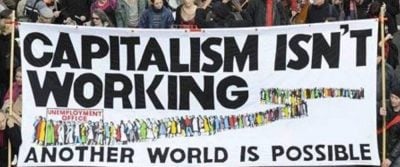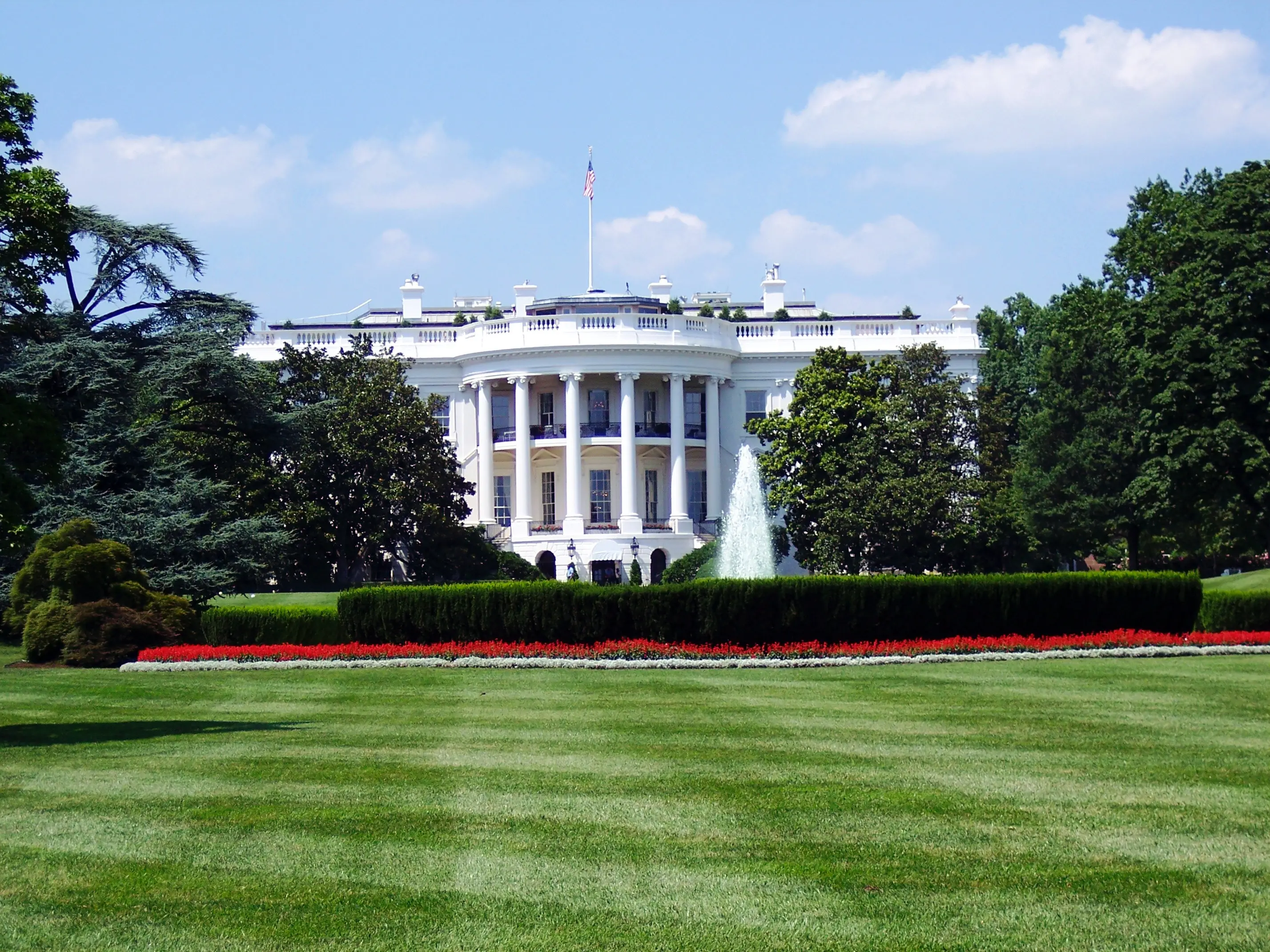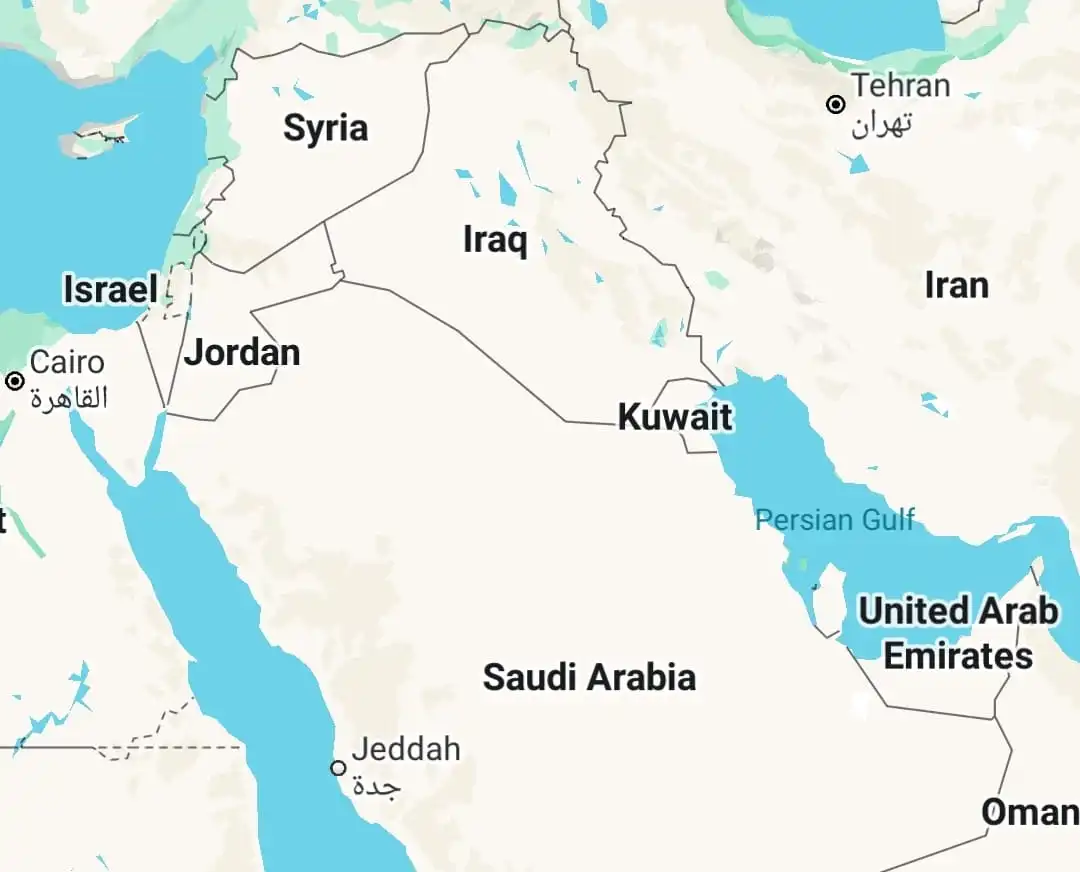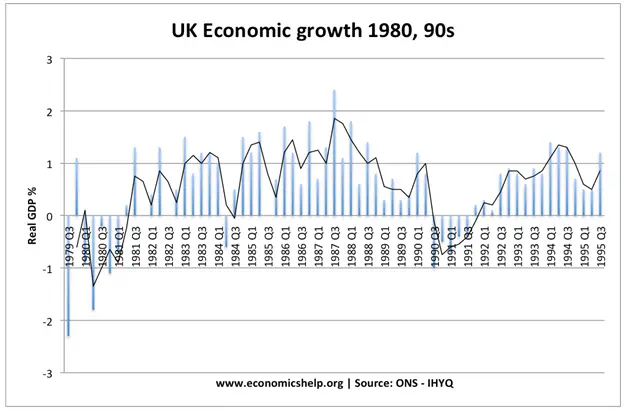Capitalist realism is the official ideology of the neoliberal state, and is an insidious form of propaganda that seeks to eliminate resistance to regressive corporate tyranny. “Capitalist Realism,” the seminal text by Mark Fisher, forensically dissects the dynamics by which late capitalism ensures world domination, enforcing its mantra of “there is no alternative,” which discourages and represses radical public critique of the late capitalist social system, making democracy only notional. Today, capitalist realism maintains a monopoly on interpretation of culture and politics, raising questions about the dictatorship of the market, which spreads its ideology like an aggressive virus in to all parts of society. Neoliberalism rejoices in the desecration of the public. This essay argues that the best defence against the seemingly total power of predatory capitalist realism is a strong public sphere, where healthy debate about alternatives to the prevailing social reality is permitted, allowing civic society the space to conceive and construct programmes for revolution conceived in the public good.

Capitalist realism isn’t an objective schema but rather is an exercise in PR, advertising and branding for the forces that want to maintain aggressive marketisation as the dominant social and political reality. As such, capitalist realism is a convenient, cynical fiction, nonetheless elevated to the status of science by complicit neoliberals in academia, who are the advocate of “late capitalism”. Within Mark Fisher‘s analysis is a necessary commentary on the way the dictatorship of the market corrupts public institutions like academia, instituting a managerial bureaucracy indoctrinated to defend neoliberalism.
This way, capitalism reforms the institutions and actors of the social democratic state to become evangelists for the total rule of the global market, leading to the normalization of post-democratic governance and transferring power upwards to a transnational elite. This way, society becomes sterile, immunised from the emergence of ideals that compete with neoliberalism, the hegemony of the markets protected from public scrutiny.
Realism is a school of thought that professes to know the objective truth of social reality, but in all truth, science is coopted by politics and realisms are detached from the truth.
Realisms are often tainted by subjective ideological bias, hidden beneath a false pretence of positivism. Ideologically motivated interpretations of science often prevail as academic orthodoxy, immunising the propagandist schools of thought from the authority of facts that contradict them. The authority of capitalist realism is diametrically opposed to the rule of logic, because it demands uncritical obedience to fallacies about the social responsibility of capitalism. The dialectical process of reason is subordinated to the predetermined processes of thought dictated by market ideology. In neoliberal institutions, official claims are no longer contested, and difference is eliminated. Science, by definition, must be falsifiable, whereas capitalist realism militantly protects itself from the power of discourses that may falsify it.
Mark Fisher’s text is indispensable as the first attempt to describe capitalism as a totalitarian system. Marketisation erodes autonomy of the individual and replaces the role of agonistic citizenship with the authoritarian command of a transnational monolith. Neoliberalism is a parasite on the body politic, draining democracy of its life force by replacing the central role of conscientious citizenship with corporate public management. The erasure of competing political ideals reduces the possibility of change to a dangerous illusion and the cultural unconscious is the territory of domination by corporations. The orthodox narratives about the inherent liberalism of western government are wrong because western government fiercely polices resistance to the regime of capital and gives an unfair advantage to the markets.

Capitalist realism is the censorship of reason, and it betrays science because it is overly reductive and deterministic. It is reductive because in its schema, which defines humans as rational utility maximisers, the richness of human cognition is reduced to nothing more than the expression of cynical self-interest. It relies on a narrow calculus of what drives social behaviour, which testifies less to its scientific objectivity and more to its desire to model citizens as captive consumers. It is deterministic because it rationalises human behaviour as an outcome of the economic system and emasculates the role of free will.

Romanticism is the enemy of capitalist realism. It is the defence of great humanitarian causes, whereas the market suppresses the logic of solidarity. The romantic movement sought to privilege the labour of creativity, whereas capitalist realism represses the imagination by subodinating it to the teachings of officialdom. Romantic poetry often sought to condemn the social ills beget by capitalism and constituted a critical counter-narrative, whereas capitalist realism militantly polices coexisting perspectives. Romanticism is based on the virtues of the critical public intellectual, whereas capitalist realism eliminates their liberty to think. Romanticism was deeply invested in the American and French revolutions, which constituted a popular, international resistance to tyrannical absolutism. Capitalist realism can be seen as a contemporary form of absolutism.
In a vein of thought similar to Walt Whitman, the defence of democracy consists in the defence of multitudes. Capitalist realism subordinates social reality to a uniform prefabricated model. Non-conformism and heterogeneity in values are essential to breaking the dominance of market ideology. Walt Whitman defended what it meant to live as an authentic individual in an age when the citizenship were becoming homogenized by the project of imperialist mercantilism. Individual conscience, critical thinking, creativity and reason are an antidote to the tyranny of capitalism. Where capitalism coopts public discourse and has a stultifying effect on debate, true democracy disrupts this regime of conformity with a lively exchange of ideas buoyed by diversity. Russell Brand said that tyranny is the removal of nuance, and his statement could pertain to the tendency of neoliberalism to homogenise public debate by eliminating dissent from the mainstream narrative.
The exercise of critical reason stands in contrast to the commands of unthinking consumerism, and stands in solidarity with the principles of the enlightenment, which defended the life of the mind against the encroachments of absolute power. We must defend the innately progressive drive of dialectical thought from the stale logic of the market, which censors critical reason. Capitalist realism insinuates itself in the thought processes of citizens, which works to make the possibility of utopian society seem obscure. Progressive change requires sleepless vigilance against the encroachments of capitalist realism upon thought and behaviour.
Time, which itself became subordinated to the imperative of profit, may yet see the resurgence of a thinking resistance to corporate rule that sets the foundations for a utopian society enshrining the socialist precepts of democratic civilisation. In the presence of such great thinkers as Marx, we as students of history and politics are compelled to bring to fruition an internationale of independent workers republics, liberated from capitalist repression. Socialism is the last refuge of the power of thinking against the absolutism of market ideology.






